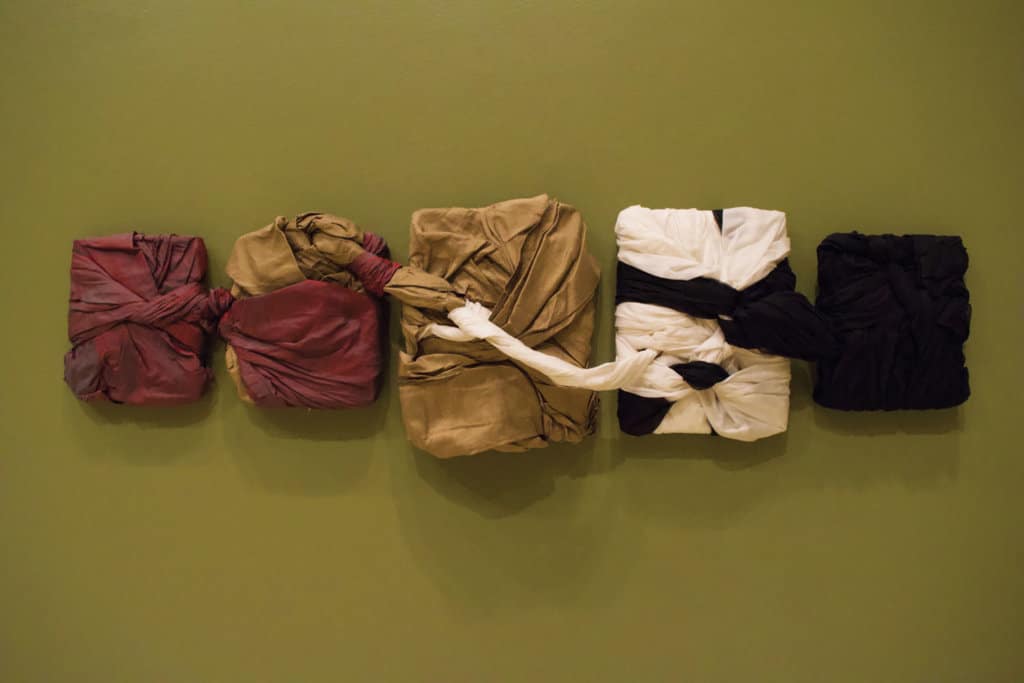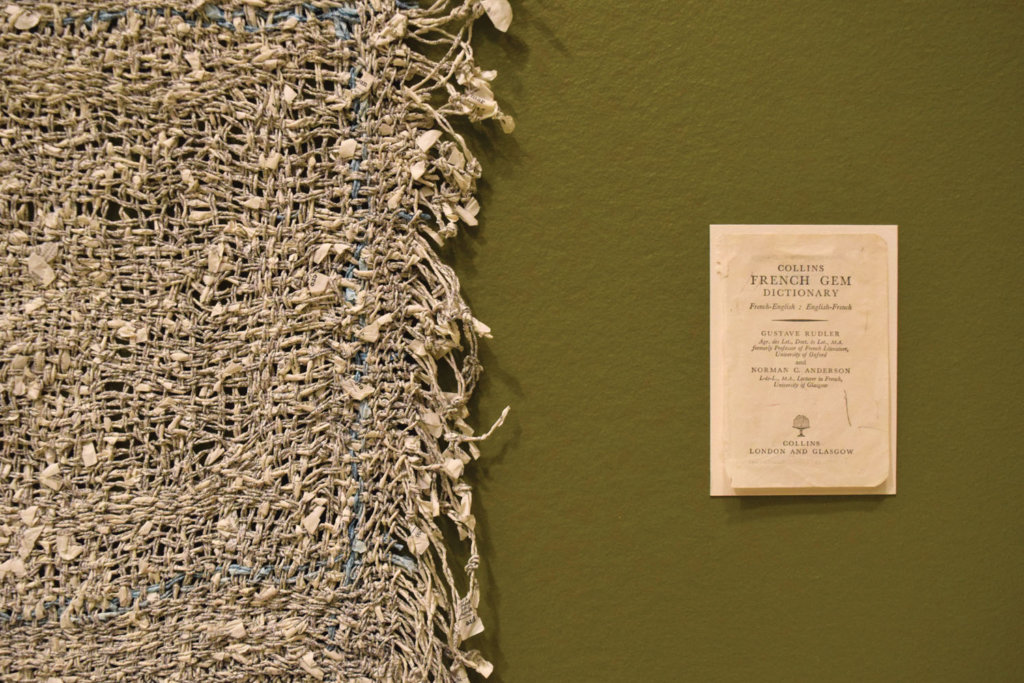Guest speakers from the University of Guelph give talk on alternative form of learning

Melissa McAfee, a special collections librarian, and Kristyn Paccione, a clerk in archival and special collections, visited the Owens Art Gallery from the University of Guelph last week to lecture on their experience of experiential learning as well as its importance in universities.
“Experiential learning [is] a pedagogical practice, whereby students gain new knowledge, skills and abilities through the intentional application of classroom learning in a workplace setting,” McAfee explained. “[We] engage students actively in creating knowledge and critically reflecting on their experiences, allowing them to understand how to transfer their knowledge and skills to future endeavours. It is basically learning by doing.”
Paccione, who participated in an experiential learning project as an undergraduate student at the University of Guelph, explained how it was through this type of learning that she gathered the skills and experience that helped her get her current job at Guelph’s Archival and Special Collections. She compared her experience to the fairytale of Cinderella. The two speakers played the roles of Cinderella and her fairy godmother, using these characters as metaphors for the relationship between student and librarian in these experiential learning projects. “Like Cinderella, the student is hardworking and motivated but may need some guidance on how to reach their goals,” explained Paccione cheerfully. “With the help of the fairy godmother or [in this case] the special collections librarian, the student is able to develop their innate skills and knowledge, and learns how to use them in different ways.”

McAfee and Paccione discussed several other projects that had taken place at their university which promoted experiential learning. This included their current curation, titled “From Glen Notes to War Notes,” which analyses the characters of L.M. Montgomery’s novel Rilla of Ingleside. Collaboration between students and educators facilitated the production of the curation.
Paccione noted how during her experiential education as a student, she was required to step up and complete tasks that sitting in lectures hadn’t prepared her for. As an example, she mentioned her experience of walking into a meeting for a curation and being expected to share her opinion right away, which is something she may not have expected in a lecture setting.
Laura Hutchinson, a fourth-year art history student, said she thought it was good that Guelph students had the opportunity to be hands-on. Noting her personal involvement with experiential learning at Mt. Allison, Hutchinson added, “It’s certainly great that schools are taking that initiative.… It would be cool if other courses could try to get their hands on that [type of learning] as well.”





